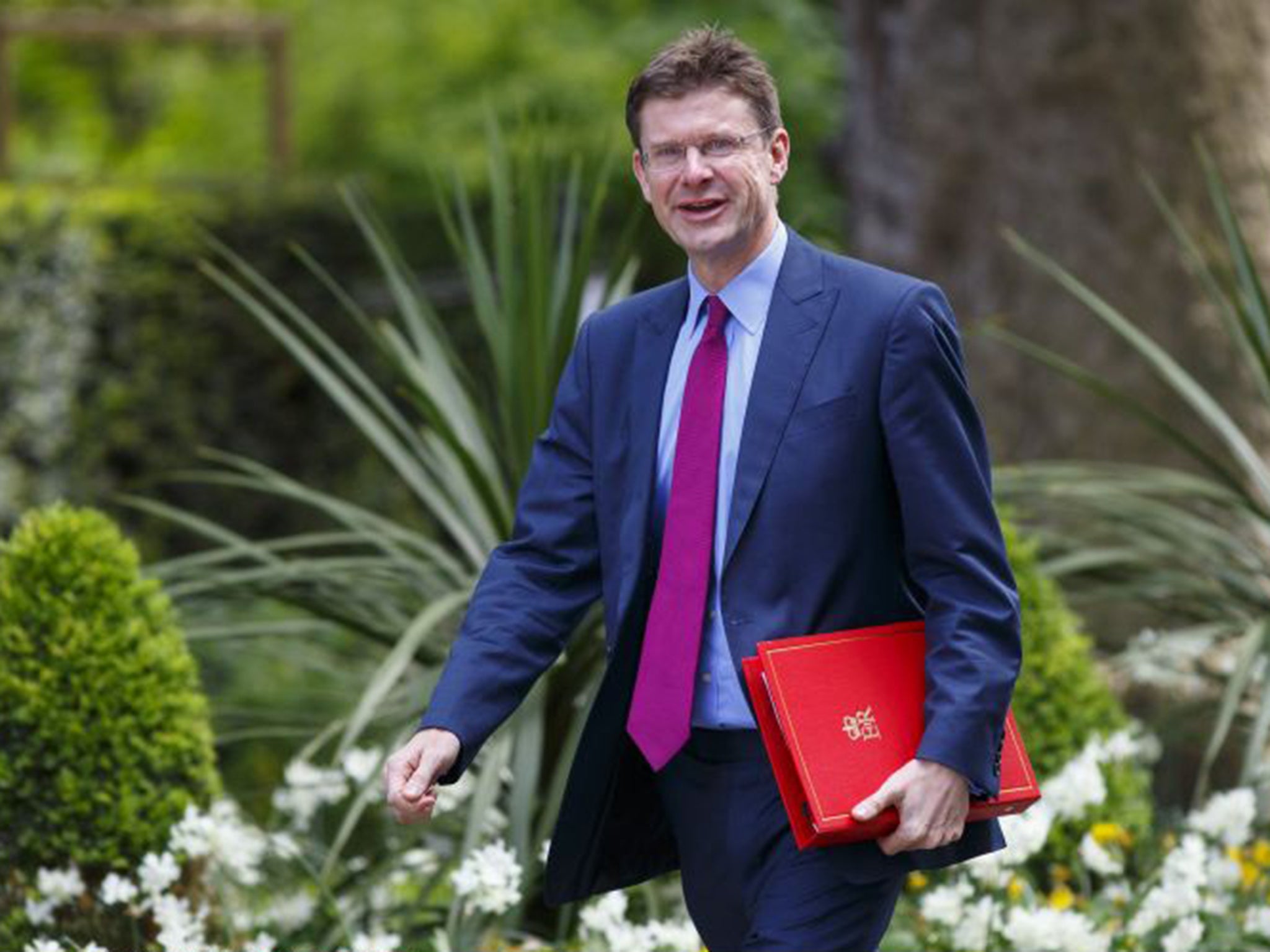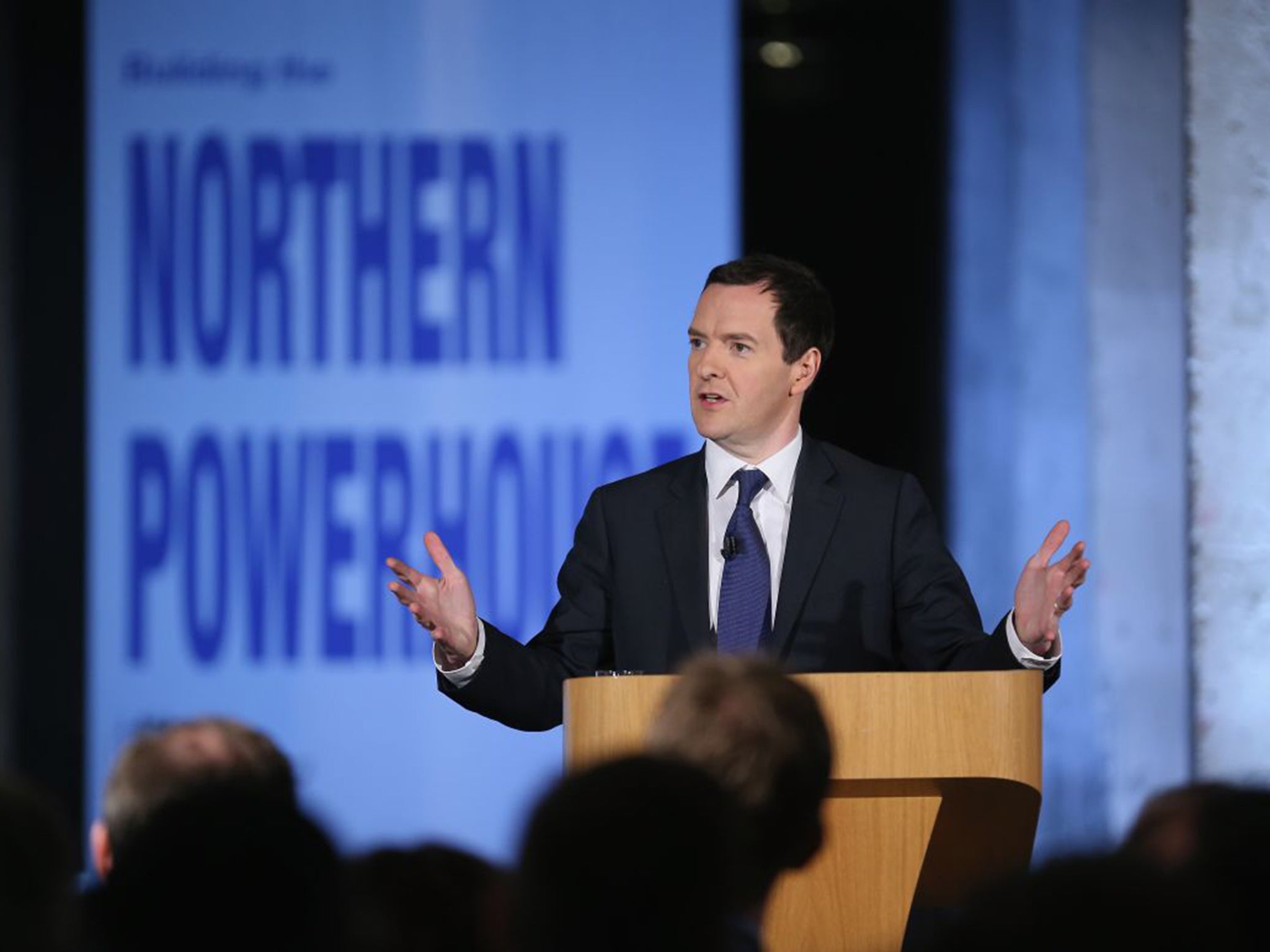Plans to elect mayors in cities such as Manchester, Birmingham and Newcastle meets opposition by backbench Tories
A new Bill gives more funding control to big cities, but only if they agree to hold mayoral elections - Mark Leftly reports on opposition to the move

Your support helps us to tell the story
From reproductive rights to climate change to Big Tech, The Independent is on the ground when the story is developing. Whether it's investigating the financials of Elon Musk's pro-Trump PAC or producing our latest documentary, 'The A Word', which shines a light on the American women fighting for reproductive rights, we know how important it is to parse out the facts from the messaging.
At such a critical moment in US history, we need reporters on the ground. Your donation allows us to keep sending journalists to speak to both sides of the story.
The Independent is trusted by Americans across the entire political spectrum. And unlike many other quality news outlets, we choose not to lock Americans out of our reporting and analysis with paywalls. We believe quality journalism should be available to everyone, paid for by those who can afford it.
Your support makes all the difference.The Government could face its first significant rebellion of the new Parliament over plans to elect mayors in large English cities such as Manchester, Birmingham and Newcastle.
Graham Brady, chairman of the powerful 1922 Committee, is understood to be seeking an urgent meeting with Communities and Local Government Secretary, Greg Clark, over the proposed Cities Devolution Bill, which will be included as part of the Queen’s Speech at the end of the month.
Ministers want to hand cities greater control of decisions and funding for housing, transport and policing in an effort to boost regional economies, but they only get those powers if they have elected mayors.

The plan will be modelled on Greater Manchester, which is due to elect a mayor in two years’ time. However, Mr Brady, MP for Altrincham and Sale West, is against so much power being concentrated in the hands of a single leader. He has previously pointed out that Manchester was one of nine cities that rejected the idea of an elected mayor in the referendum only three years ago.
Mr Brady believes that the existing structure in Manchester, a unique model with a statutory combined authority of 10 councils, has been successful since it was established in 2011. He considers that it should be granted the additional powers without having to agree to an elected mayor.
Given his status in the party, Mr Brady should be able to get some backbenchers to support him in any campaign against the Bill. The Tories’ wafer-thin majority means that even a small rebellion could defeat the Bill.
A backbencher said: “The imposition of a mayor ... hands too much power to one individual. The Greater Manchester Combined Authority (GMCA) is doing a great job and you don’t need an elected mayor sitting above 10 authorities.”
The full Bill will be published shortly, but launching it at an event in Manchester last week, George Osborne said that the “old model” of running policies like housing from London was “broken”. Considered by many experts as an effort to woo Labour voters in the North, the Chancellor added that devolution would give cities the “levers to grow their local economy”.
Mr Osborne said he didn’t want to “impose” mayors on cities, but added that he would not “settle for less” than a city region having an elected mayor before he offered them greater control over local spending.
Meanwhile, it is understood that the 1922 Committee has decided against a second attempt to oust the House of Commons Speaker, John Bercow, who is expected to be re-elected tomorrow. David Cameron is believed not to want a repeat of the Tories’ bungled and embarrassing failure to unseat Mr Bercow in a vote just before Parliament was dissolved for the general election.

As well as putting the finishing touches to the Queen’s Speech, the Tories are also working on an emergency Budget for July. Freed from the demands of the Lib Dems, the Chancellor will flesh out plans to cut £12bn from the Welfare Bill and for running a budget surplus by 2020.
Mr Osborne said that it would be a “Budget for working people”.
Four cities in focus
In an interview last week, the Communities Secretary, Greg Clark, mentioned four cities other than Manchester that should have greater decision-making responsibilities, “rather than having to troop up to London and plead for crumbs from the table”. How did they react to the idea?
Hull: The city council leader, Steve Brady, said greater devolution was an opportunity “not to be missed”, as Hull and the Humber had been “forgotten for many years” by central government.
Leeds: The city has “answered this conclusively” by rejecting an elected mayor three years ago, but must “have that debate again”, according to a former city council leader, Keith Wakefield.
Newcastle: Geordies are “certainly not just going to take the first offer the Government make” and accept an elected mayor in exchange for new powers, according to the city council leader, Nick Forbes.
Birmingham: Britain’s second city also voted down the notion of an elected mayor in 2012, but the local Chambers of Commerce president, Greg Lowson, said the position could now “unlock even more resources for a combined authority”.
Subscribe to Independent Premium to bookmark this article
Want to bookmark your favourite articles and stories to read or reference later? Start your Independent Premium subscription today.
Join our commenting forum
Join thought-provoking conversations, follow other Independent readers and see their replies
Comments